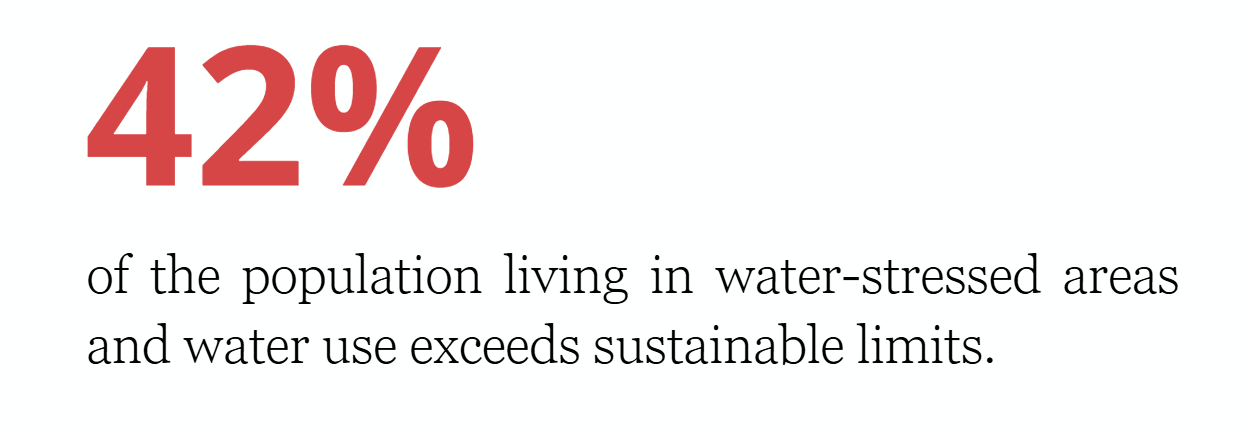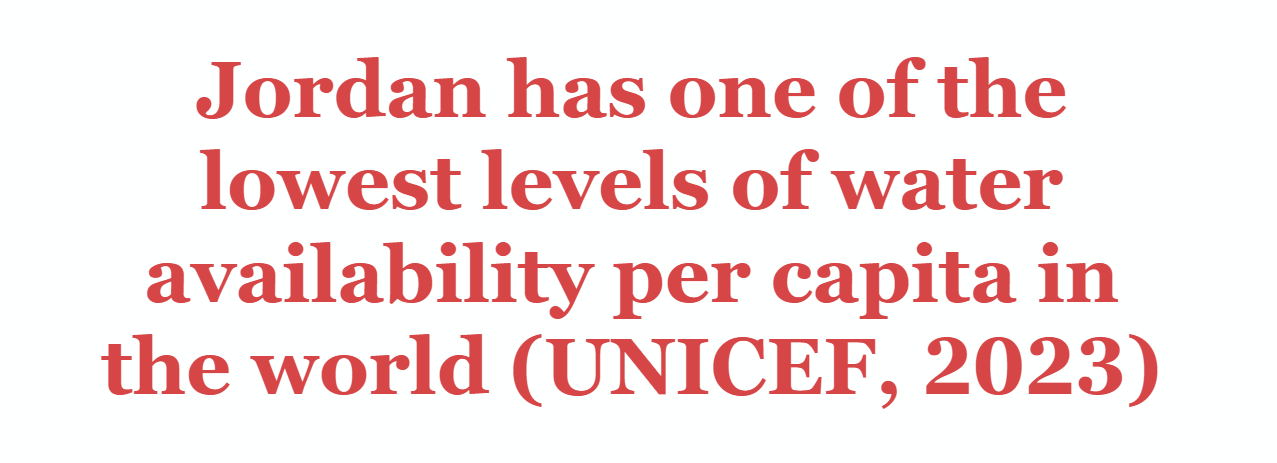Water insecurity – driven by climate shocks, poor infrastructure, and weak governance – threatens peace and stability. It disrupts essential services, undermines livelihoods, and deepens inequalities, especially in fragile settings. This erodes trust and fuels the risk of instability and displacement.
Yet water, when managed equitably and sustainably, can become a powerful catalyst for peace. It fosters cooperation, strengthens community resilience, and creates opportunities for inclusive dialogue.
Through the IFRC’s Water and Peace program, we work hand in hand with National Red Cross and Red Crescent Societies and local communities to transform water-related risks into pathways for dialogue, cohesion, and lasting stability. By building local capacities and empowering communities, we strengthen their ability to manage water resources peacefully and sustainably—ensuring no one is left behind.
Find out more in our Water and Peace Intro (one pager).
In 2024 the Council of Delegates of the International Red Cross and Red Crescent Movement adopted a resolution “Reaffirming the Movement as a Factor for Peace” which outlines the rationale behind our peace-focused approach.
Read the full text of the resolution here.
The IFRC, in partnership with National Societies, is currently implementing the H₂O PEACE initiative “Harmonizing Water Opportunities for Peace & Community Empowerment” in Iran, Jordan, and Yemen, with support from the Korea International Cooperation Agency (KOICA).
Spanning three years and beyond, the initiative aims to prevent and reduce water-related stress, tensions, and potential conflict at the community level, while strengthening local water systems, enhancing community adaptation, and fostering long-term resilience.
Find out more about the key water challenges faced by each country below.
In Yemen, the urgent need for humanitarian assistance is tightly linked to water-related conflicts, where water insecurity both exacerbates and is worsened by ongoing conflicts, damaging critical infrastructure.
Combined with rapid groundwater depletion, this calls for urgent and coordinated action.

Urbanization, population growth, and unsustainable water practices in Iran have led to significant water stress.
The IFRC is conducting field assessments, improving infrastructure, promoting sustainable water practices, and implementing targeted projects in the provinces of Fars, Hamedan, and Semnan.

Jordan faces severe water insecurity due to limited water supply, rapid population growth from migration, trans-boundary water issues, and climate change.
The IFRC aims to establish sustainable water management practices by combining community engagement with infrastructure improvements to reduce water stress and prevent conflict.
This includes analyzing water systems and conflict dynamics, developing effective intervention models, and implementing early warning systems alongside community awareness initiatives.

Sign up to receive updates from the IFRC WASH unit here, or contact us for more information